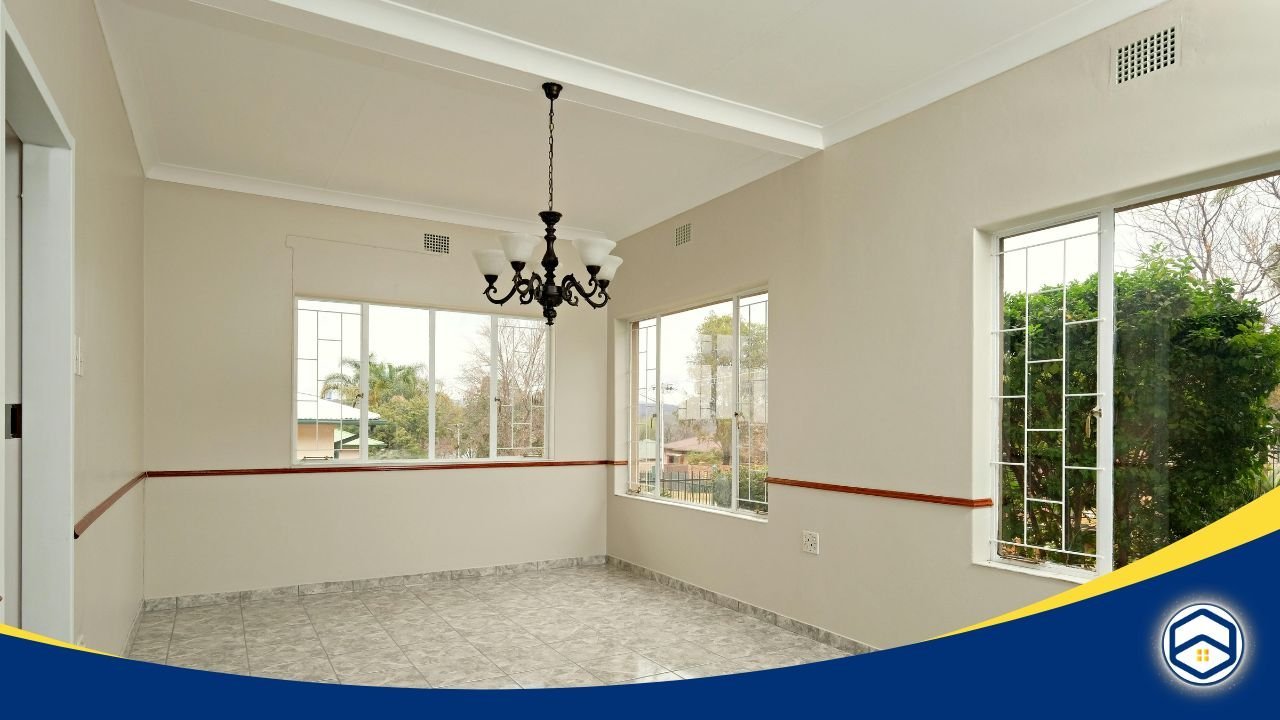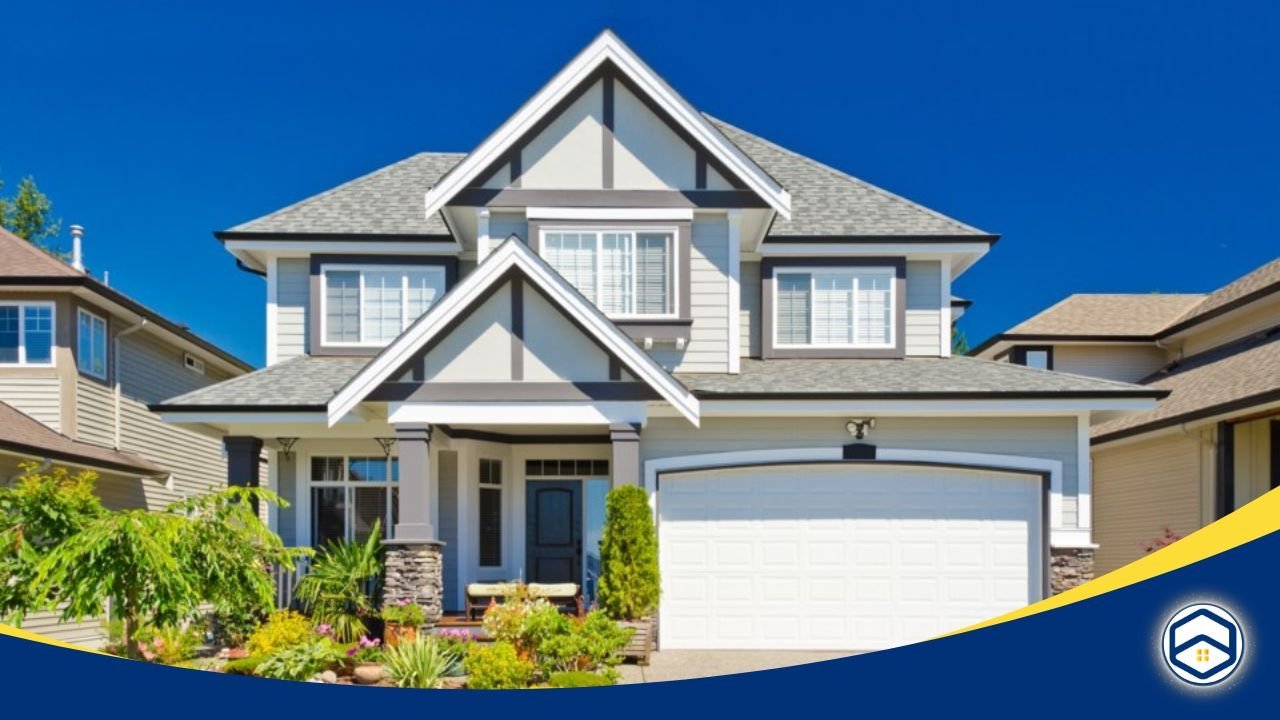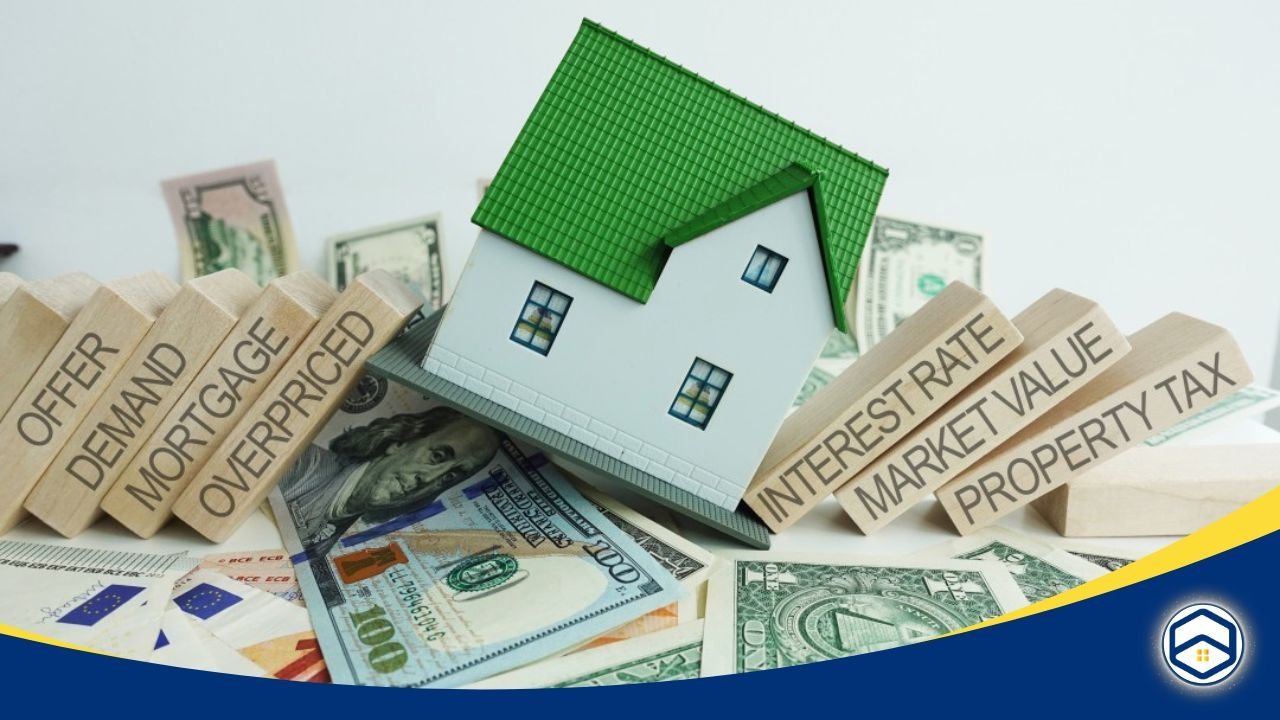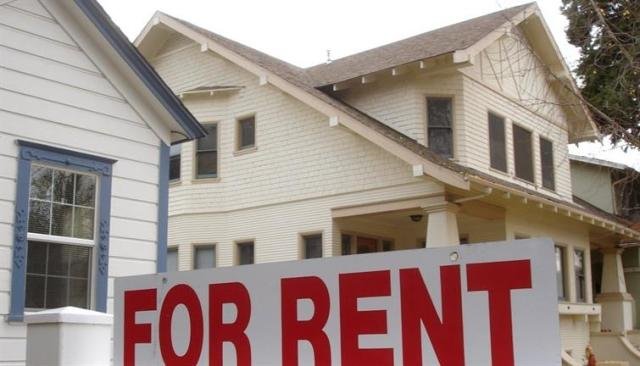In the competitive world of real estate, setting the right price for your home is paramount to a successful sale. While it may be tempting to aim high and hope for the best, overpricing your house can actually end up costing you more in the long run. In this article, we’ll delve into the reasons why overpricing your house can cost you and offer insights into how to avoid this common pitfall.
1. Prolonged Time on the Market

One of the most significant drawbacks of overpricing your house is that it can lead to a prolonged time on the market. When a property is priced above its market value, it may deter potential buyers who perceive it as out of their budget range. As a result, your home may languish on the market for weeks or even months, leading to frustration and anxiety for sellers. Why overpricing your house can cost you becomes clear as these issues unfold.
Extended time on the market can have several detrimental effects. Firstly, it can result in increased carrying costs for homeowners, including mortgage payments, property taxes, insurance, and maintenance expenses. These ongoing costs can quickly add up, eating into any potential profits from the sale of the property.
Moreover, why overpricing your house can cost you becomes evident when the longer a house sits unsold, the more likely it is to become stale in the eyes of buyers. As new listings enter the market and competing properties are sold, your overpriced home may fade into the background, receiving less attention and interest from prospective buyers. This can further prolong the selling process and make it increasingly challenging to attract offers at the desired price point.
2. Decreased Interest and Buyer Traffic
Why overpricing your house can cost you is evident in how overpriced homes tend to attract less interest and buyer traffic compared to competitively priced properties. Many buyers conduct extensive research and comparison shopping before making an offer, and they’re likely to bypass listings that appear overpriced. This lack of interest can further contribute to the extended time on the market and may ultimately result in a lower selling price.
In addition to deterring potential buyers, why overpricing your house can cost you also includes deterring real estate agents from showing your property to their clients. Agents are incentivized to sell homes quickly and efficiently, and they may prioritize showing properties that are priced competitively and offer better value to their clients. As a result, your overpriced home may receive fewer showings and less exposure in the market, diminishing your chances of securing a timely sale.
3. Stigmatization of the Property

When a house sits on the market for an extended period without any offers, it can create a perception among buyers that there’s something wrong with the property. This stigma can be challenging to overcome, even if you later reduce the price to a more reasonable level. Potential buyers may wonder why the house hasn’t sold and may be hesitant to consider it, regardless of any adjustments made to the listing price.
Furthermore, the longer a property remains unsold, the more likely it is to develop a reputation as an undesirable listing. This can deter not only individual buyers but also real estate agents who may avoid showing the property to their clients due to its perceived stigma. Overcoming this negative perception can be a significant challenge and may require extensive marketing efforts and price reductions to attract new interest to the property.
4. Appraisal Issues
Why overpricing your house can cost you includes potential appraisal issues during the sale process. Lenders rely on appraisals to determine the fair market value of a property, and if the appraised value falls significantly below the asking price, it can derail the financing process. Buyers may struggle to secure a mortgage for an overpriced property, leading to delays or even cancellations of the sale.
Appraisal issues can arise when the appraiser compares the overpriced property to recent sales of comparable homes in the area. Why overpricing your house can cost you is evident if these comparable sales indicate a lower market value than the asking price of the property, as the appraised value may come in lower than expected. This can create challenges for both buyers and sellers, as lenders may be unwilling to finance a purchase above the appraised value, requiring sellers to either lower their price or seek alternative financing options.
5. Opportunity Cost

Why overpricing your house can cost you is perhaps most evident in the opportunity cost of lost potential buyers. Every day that your home remains unsold is a missed opportunity to attract qualified buyers who are willing to pay a fair price. In a dynamic real estate market, timing is crucial, and overpricing your house can result in missed opportunities to capitalize on favorable market conditions.
Moreover, why overpricing your house can cost you becomes clear as the longer a property remains on the market, the more likely it is to become stale and lose its appeal to buyers. As newer listings enter the market and attract attention, your overpriced property may be overlooked or deemed less desirable by prospective buyers. This can result in fewer offers and less competition, ultimately reducing the likelihood of achieving the desired sale price.
How to Avoid Overpricing Your House

Why overpricing your house can cost you becomes a crucial consideration when avoiding the pitfalls of an inflated asking price. Here are some steps you can take to ensure that your home is priced competitively and attractively in the market:
1. Work with a Knowledgeable Real Estate Agent
One of the most effective ways to avoid overpricing your house is to collaborate with a knowledgeable real estate agent. An experienced agent will have a deep understanding of the local market dynamics and can provide valuable insights into current trends and pricing strategies. They will conduct a comparative market analysis (CMA) to evaluate similar properties in your area and determine a competitive listing price based on recent sales data, market conditions, and the unique features of your home.
A skilled agent will also take into account factors such as location, property size, condition, and amenities when assessing the value of your home. By leveraging their expertise, they can help you set a realistic and market-driven price that will attract potential buyers and maximize your chances of a successful sale. Why overpricing your house can cost you will become evident if you ignore professional advice and set an unrealistic price.
2. Be Open to Feedback and Adjustments
It’s essential to be open to feedback from your agent and potential buyers regarding the pricing of your home. If you’re not receiving offers or if there’s minimal interest in your property, it may be a sign that the price is too high. Your agent can provide valuable insights into market feedback and buyer reactions, helping you understand the reasons behind the lack of interest and identify potential areas for improvement.
Consider adjusting the price accordingly based on the feedback received to attract more buyers and increase the likelihood of a successful sale. While it can be challenging to lower the asking price, especially if you have high expectations, it’s essential to be realistic and flexible in response to market conditions.
3. Highlight the Value Proposition of Your Home

In addition to pricing your home competitively, it’s essential to highlight its unique value proposition to potential buyers. Showcase the desirable features and amenities of your property, such as upgraded kitchen appliances, spacious living areas, outdoor entertaining spaces, or proximity to schools, parks, and amenities.
Emphasize the benefits of living in your neighborhood, such as low crime rates, excellent schools, convenient transportation options, and vibrant community events. By effectively marketing the value and lifestyle benefits of your home, you can attract more buyers and differentiate your property from competing listings in the market.
4. Stay Informed and Adapt to Market Changes
Real estate markets are dynamic and subject to fluctuations in supply and demand, economic conditions, and external factors. It’s essential to stay informed about changes in the local market and be prepared to adapt your pricing strategy accordingly.
Regularly review market trends, recent sales data, and competitor listings to assess the competitiveness of your asking price. Consult with your real estate agent to discuss any necessary adjustments to ensure that your home remains attractive and desirable to potential buyers. Understanding why overpricing your house can cost you will motivate you to stay proactive and responsive to market conditions.
Conclusion
Why overpricing your house can cost you is evident when considering the many risks involved. In conclusion, while it may be tempting to overprice your house in hopes of maximizing your profit, the risks far outweigh the potential rewards. Overpricing can lead to prolonged time on the market, decreased buyer interest, appraisal issues, and missed opportunities. By pricing your home competitively and strategically, you can position yourself for a successful sale and maximize your return on investment. Why overpricing your house can cost you becomes a crucial lesson for sellers aiming to achieve the best possible outcome in the real estate market.










